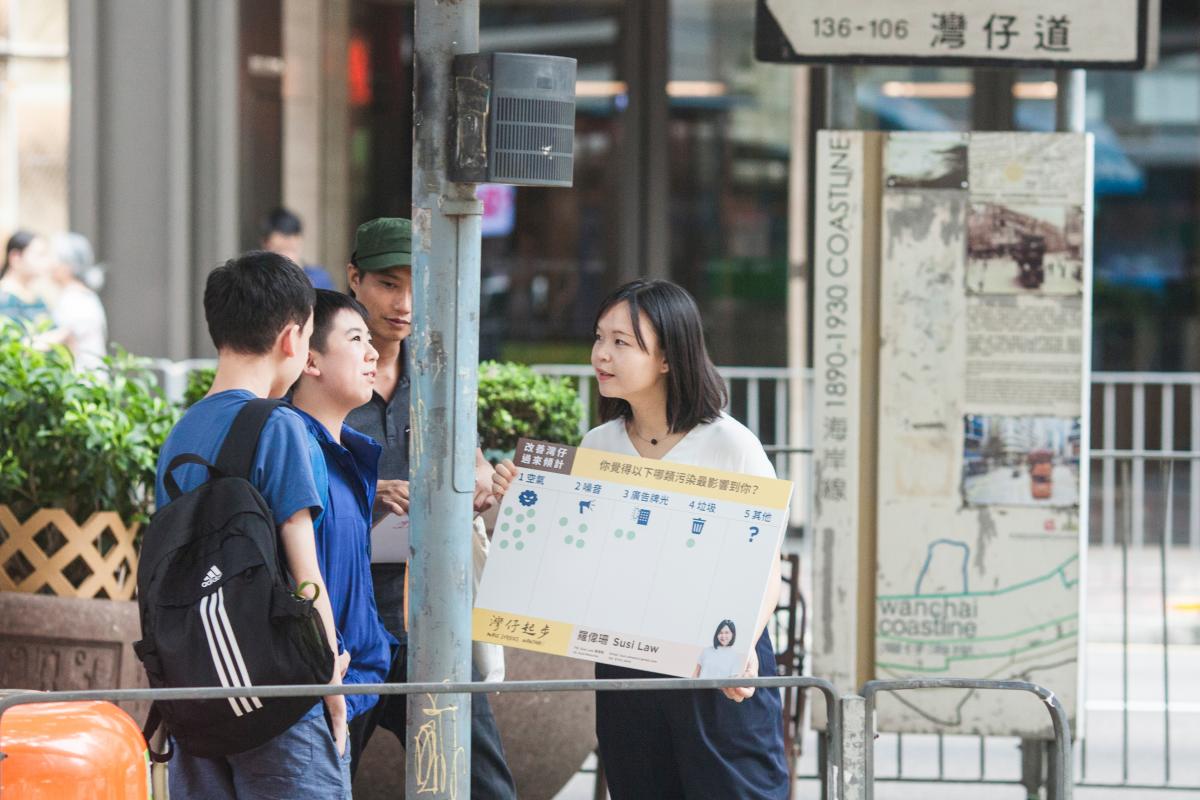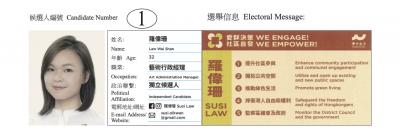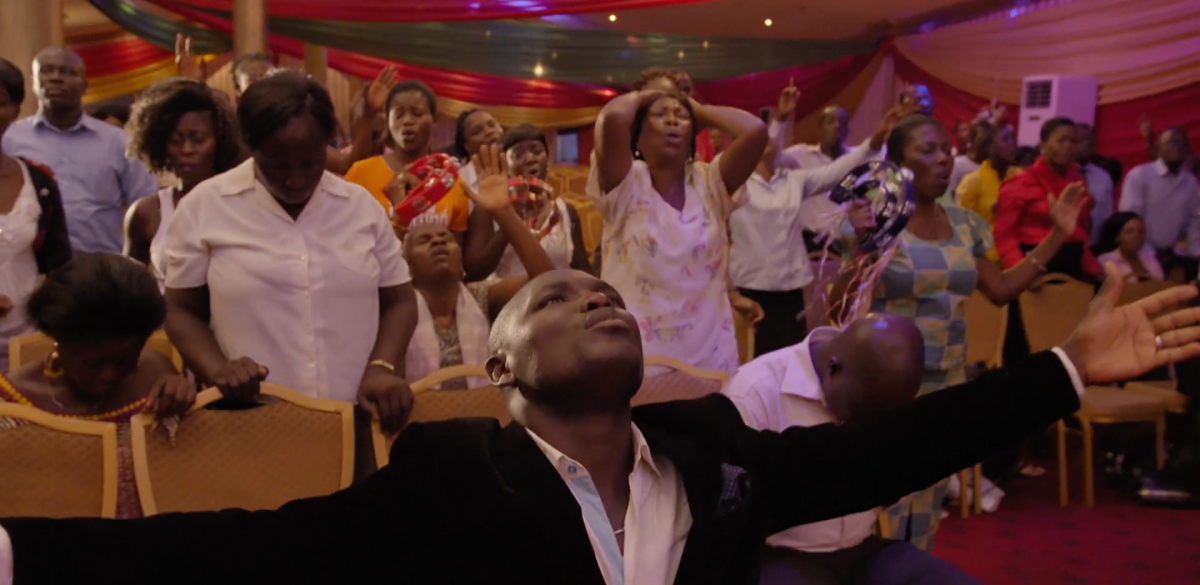In 2013, the Ghanaian-Romanian musician and film director Emmanuel Owusu-Bonsu aka Wanlov the Kubolor of FOKN Bois spoke to the Contradict directors Peter Guyer and Thomas Burkhalter for the first time. An early topic of discussion was Owusu-Bonsu’s frustration with Christian churches in Ghana. «People in Ghana have gone overboard with religion, politics, and corruption. We see common sense as controversial here», he said. «This is a residential area, but somebody next door can just build a loud church, and the police will not do anything about it. The people will say they’re worshipping Jesus, and Jesus has the final authority here. We don't take things like noise pollution or personal space into consideration anymore.»
According to a quick online research, about 70% of Ghana’s population (30 million people) identify as Christian, the majority of whom attend church services regularly. Given these figures, Christianity permeates most aspects of life in Ghana. In 2014, there were more than 10,000 churches across Ghana, and over the last five years, 5,000 new churches have sprung up in the capital, Accra. «If you have the power to make noise, to walk around at 3 am with loudspeakers on the street waking us up with your message from God, then we should also be able to put our frustration out in some way», Owusu-Bonsu said.
A Shapeshifting Pastor
Throughout the Contradict interviews, similar sentiments came up regularly. Another common worry was pastors who preach a prosperity gospel, demand year-round tithes and live lavish lives. Emblematic is the controversial religious figure Bishop Daniel Obinim, the head pastor of International Godsway Ministries, some of the largest churches in Ghana. A self-proclaimed angel, when Contradict interviewed Obinim in 2017, he claimed to be able to enter parishioners dreams, and shapeshift into animal or human on Earth, stating that, «if you’re a pastor and you don’t give prophecy or miracles or healing… people will never attend your church».
Christianity has been part of the local cultural landscape since long before Ghana reclaimed its independence from the British colonists in 1957, and it’s varying dominations are very much intertwined with the delivery of education and healthcare. In fact, Christian-owned organisations handle 42% of the nation's health care needs. In 2018, registered mental-health nurse Emmanuel Kofi Danso spoke with the broadcaster, television host and activist Nana Akosua Hanson for Contradict. «The majority of the people are religious here, so, we don't take the church, the spiritualist, or the mosque out of the equation; they’re part of it», he said.
Due to the religious component of life in Ghana, as Kofi Danso put it, many citizens would rather visit their pastor or mallam than see a doctor, so healthcare services collaborating with the churches to bring treatment to the people makes sense. «Religion has a history here», he said. «We are not taking the history out, because it is part of the people. You cannot take religion out from a person.»
«You Can Use the Body to Worship God»
Although he doesn’t occur often in Contradict, in 2017, Guyer and Burkhalter interviewed Jon Collins, a musician, a journalist, and a professor at the Music Department at the University of Ghana. Collins has spent the last fifty years in Ghana and had a different perspective on how Christianity has fit together with the local culture. «What has happened with the church in Ghana is… though they profess to be non-pagan, many of the basic ingredients are drawn directly or indirectly from traditional African religion. One of them would be dancing in church.»
Collins referenced possession by spirits, speaking in tongues, prophecy, and exorcism, drawing parallels with Ashanti spiritual practices, before talking about how churches in Ghana integrated dancing into worship. «When the missionaries came here... a lot of Africans [quickly] followed the bible, but they must have been perplexed by this taboo on dancing, because traditionally in Africa there is no schizophrenia between the mind and the body. You can use the body to worship God here.»
He considered the possibility that the Christian missionary process could potentially reverse as a result of African’s bringing joy into church worship practices. «The white congregation are turning towards Black Churches in Europe, and the African missionaries are going to bring Jesus to the primitive whites, the savage whites», he said. «It’s a complete inversion… Now the Africans are going to bring humanity to Europe in the form of religion and the form of music.»
Mensa Ansah aka M3NSA – Owusu-BonsuIf’s counterpoint in FOKN Bois – stated in 2013 that even the critics have a complicated relationship with the churches in Ghana. «If rap music does not work, myself and Wanlov definitely want to be preachers because it’s fun and entertaining. You stand on a pulpit and be creative with the Bible, maybe to the detriment of your congregation, or you can be a positive preacher. I’m not going to say that all preachers are bad, but it must be a lot of fun. How different is being a rapper from being a preacher? You go on stage, get the mic, say creative things, say funny things, interesting things, tell stories, and the audience claps for you.»



